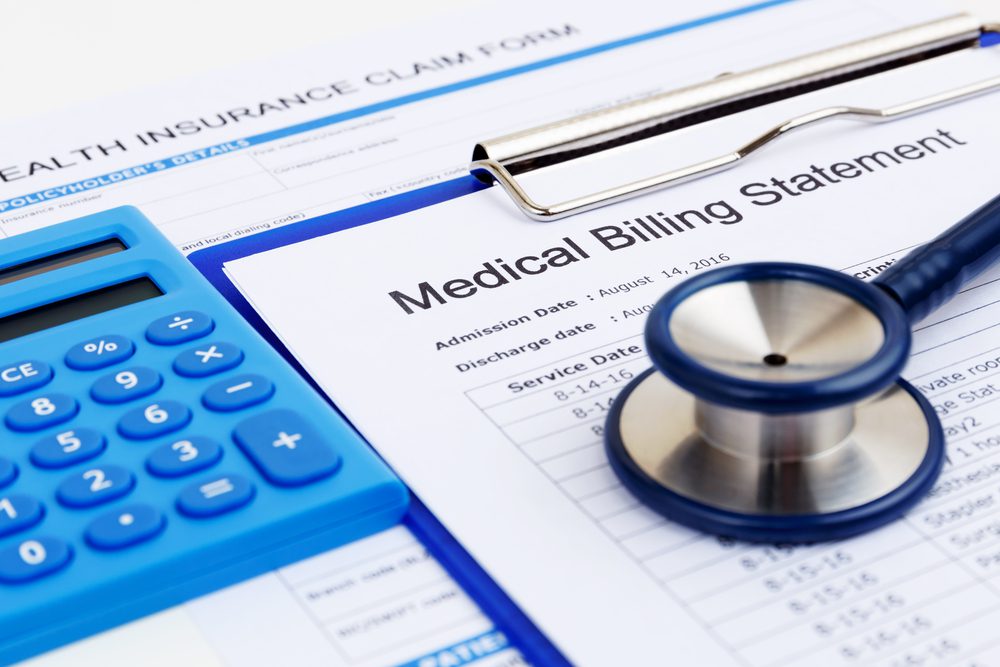Healthcare costs are often unavoidable, which is part of the reason many Americans worry a lot. Several family foundations report that more than 25% of American adults have trouble keeping up with their healthcare expenses, and this figure includes those with health insurance.
In fact, the problem has become so serious that medical debt is now the largest source of individual bankruptcy filings in the country. Due to uncertainty, it is in your best interest to do everything you can to lower the cost of health care now.
If you are not sure where to start, continue reading; you will gain insights into various ways to save on healthcare costs.
Ask about generics
If you’re used to paying big bucks for brand-name drugs, it’s time to ask your doctor if there are generic alternatives available. From a medical standpoint, there is generally nothing wrong with choosing a generic version of the drugs you take, and this alone can save you a lot of copays.
In fact, it is estimated that 90% of generic drug copays cost less than $20, while the share of brand name copays is only 39%.
You can also ask if there are over-the-counter alternatives, especially if it is a supplement, such as prenatal vitamins or iron pills or medications for gastrointestinal problems. Or you can check Amazon’s health department.
Bargain-shop for the right plan
When choosing a health plan, don’t just choose the one with the lowest monthly premium or the one you have used before. Benefits change significantly every year, as do the health needs of your family.
The best way to negotiate: write down the average number of visits to your family doctor each year, regular prescriptions, tooth cleaning, and other services. Compare what you pay for these items throughout the year in each plan. Be sure to include monthly premiums and deductibles.
If your employer offers health insurance, be sure to review all the available options and choose a plan based on your actual needs. The language can be complicated, and the plan can seem the same. A company that offers low-cost injury insurance tells you that it is important to understand what your deductible covers, including medications.
If you are offered someone to talk about health plan options, consider involving them in the conversation.

Read Bills Carefully
Check your medical bill carefully. Simple things like the wrong billing code can cause your insurance to pay less than expected or even deny your claim.
If you don’t understand the cost, please ask for clarification. “Know your Explanation of Benefits (EOB). It is essentially a receipt from your insurance company explaining the fees they paid. Please make sure that the EOB matches your bill.
Other common mistakes: account error, incomplete information in the claim, including the wrong address sent by the doctor to the insurance company. Read your benefits handbook carefully to make sure that your plan pays all due expenses.
If you find an error, please send a registered letter to your insurance company. Follow up in a few weeks to make sure the error is corrected.
Ask for Samples
Your doctor’s cabinet is filled with free drug samples provided by the pharmaceutical industry and its representatives who wish to promote their latest drugs. Therefore, doctors usually have multiple samples on hand, which means that as a patient, you should be more willing to order one.
If your child is receiving injections, ask for a painkiller of test size in case you need it in the future. If you are trying new antibiotics or rash creams, your doctor may even have enough samples to cover your treatment.
Suppose your doctor prescribes a medicine for you and pays a total of $30 per month. If the same provider can send you home with a two months supply, you can save $60 in healthcare costs, just like this. Also, check the website of the pharmaceutical company, which sometimes offers coupons or free samples.

Appeal denied insurance claims
It is not uncommon for insurance companies to refuse to make claims, leaving you with the cost of related services. But before you stop covering the article, try to appeal the decision. The appeals process varies from company to company, but generally, it involves completing a few forms and asking your insurance company to reconsider its decision.
You may need to seek the help of a physician or medical professional to be successful. For example, if your insurance company refuses to agree to a procedure that is not related to the condition for which you are being treated, you may need your doctor to provide you with a letter of medical necessity that explains why you should agree to the procedure.
In general, doctors are willing to help solve this problem.
It is also worth seeking help from health advocates, and some companies will provide such help to employees. As the name suggests, health advocates can step in on your case and fight your insurance company on your behalf to ensure a more favorable and profitable outcome.
Avoid the Emergency Room for non–life-threatening medical issues
Accidents and sudden illnesses are usually inevitable, but if they happen after work hours, your regular doctor will not be able to help you deal with them. If the problem is not life-threatening, go to an emergency care center instead of going directly to the emergency room.
In recent years, emergency room costs have continued to rise, so that as of 2016, the average cost per patient per visit was $1,917.
Even if you don’t need to worry about the deductible (for example, your plan does not have it or you have encountered it), your ER copayment may be more than you would in an outpatient clinic (usually, emergency care centers charge the same copayments as specialists), so if you are not in the hospital, you can save money immediately.
By the way, walk-in clinics tend to provide faster service, so if you walk to them, you may get in and out faster.

Look for help to lower prescription costs
Find out if your medications are available through the Patient Assistance Program (PAP), which can help low-income patients get free or low-cost medications, even if the patient may already have prescription drug insurance.
Eligibility for PAP may depend on several factors, including your income and your copayment for the drug in question (if you have prescription drug coverage).
You can also compare prices with websites like GoodRx and SingleCare; browse your prescriptions for coupons or find places where you can buy them at the lowest price. Health Experts recommends buying in bulk: If possible, change your prescription amount extend to 90 days.
The cost of a 90-day supplement is less than a month’s supply at a time. A study published in the Journal of the American College of Cardiology found that larger supplements can also increase medication compliance and reduce the chance of hospital admission.
You might also like: You Should Never Put These 9 Bills On Autopay! ( Here’s Why)












